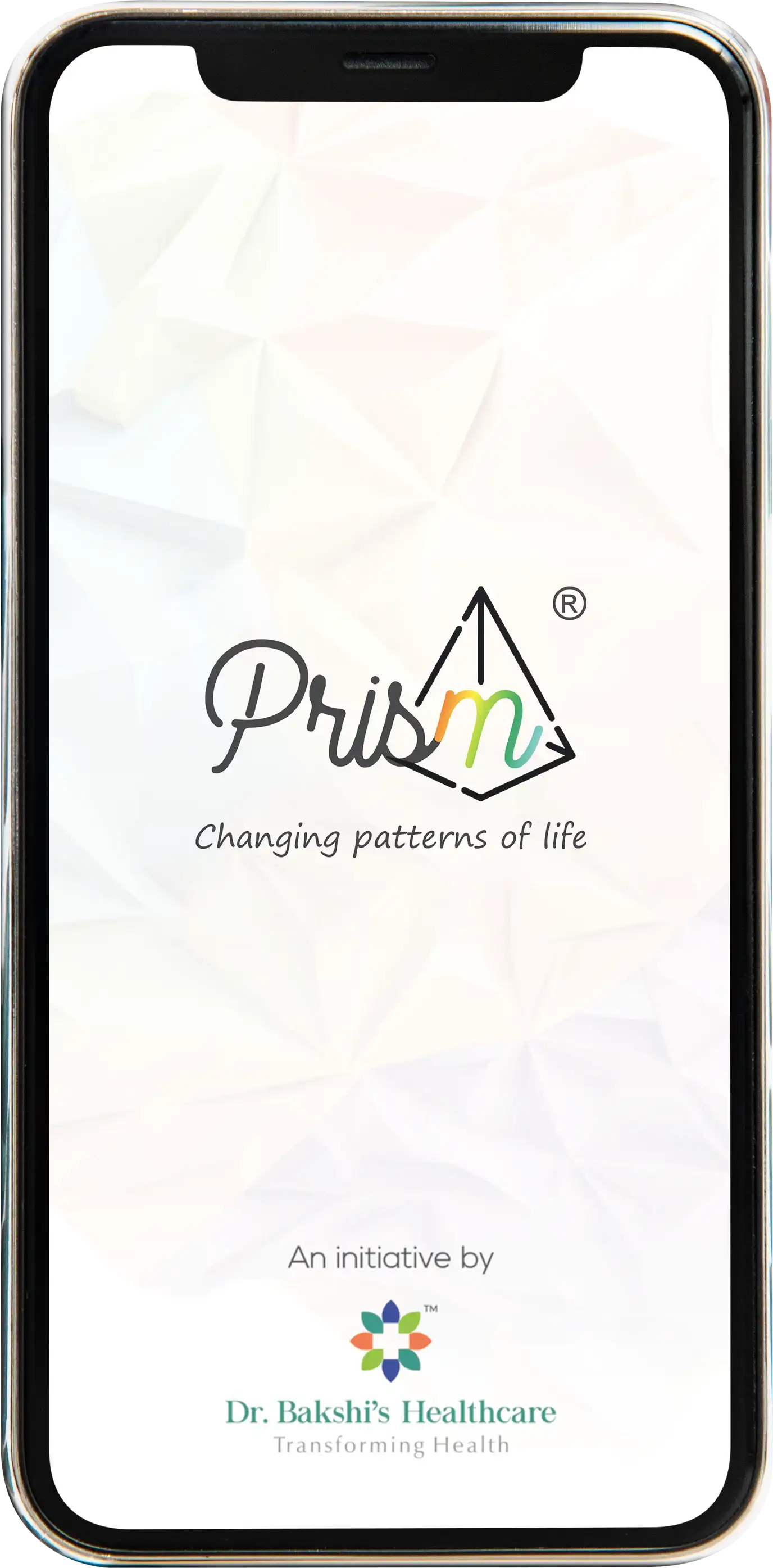
Risk factors
Signs and Symptoms of Depression
Persistent Sadness
Experiencing deep, ongoing sadness, emptiness, or hopelessness, often without a clear reason.
Loss of Interest
Avoiding activities, hobbies, or social interactions they once enjoyed.
Low Energy Levels
Feeling constantly fatigued and struggling to participate in school, sports, or family activities.
Difficulty Concentrating
Struggling to focus on studies, remember assignments, or participate in discussions.
Changes in Sleep or Appetite
Experiencing insomnia, oversleeping, or noticeable changes in eating habits.
Feelings of Worthlessness or Guilt
Frequently feeling like a failure or a burden to family and friends.
Negative Thoughts About the Future
Feeling stuck and unable to imagine a positive or happy future.
Self-Harm or Suicidal Thoughts
Experiencing thoughts of self-harm or suicide requires urgent attention and professional support.
Depression Screening Tools for Teenagers
Why choose Prism?
Prism is a mental health application designed to support teenagers experiencing depression by offering scientifically backed assessments and expert-driven strategies. It provides a secure, user-friendly platform for teenagers, parents, and professionals to foster emotional well-being and resilience.
FAQs
Depression in teenagers is a serious mental health condition characterized by persistent sadness, hopelessness, and a lack of interest in daily activities. It can be triggered by factors like academic pressure, social challenges, hormonal changes, or major life events. It is important to differentiate depression from normal teenage mood swings, as it requires attention and proper care.
Some common signs include persistent sadness, loss of interest in activities, low energy levels, difficulty concentrating, changes in sleep or appetite, feelings of worthlessness or guilt, negative thoughts about the future, and self-harm or suicidal thoughts.
Several factors can contribute to depression in teenagers, such as academic pressures, social struggles, family conflict, identity issues, substance use, and physical health problems.
While mood swings are a normal part of adolescence, depression is more persistent and significantly impacts daily functioning. Depression lasts for weeks or longer and often includes feelings of worthlessness, loss of interest, and difficulty concentrating.
Depression in teenagers can be diagnosed through various screening tools such as the Beck Depression Inventory-II (BDI-II), Children's Depression Inventory (CDI), and the Reynolds Adolescent Depression Scale (RADS-2). These tools help assess the severity of depressive symptoms, enabling timely intervention.
An assessment is crucial because it helps identify the severity and specific symptoms of depression in teenagers. It allows for a clearer understanding of their emotional health and ensures that the right treatment plan is developed. Early detection can lead to more effective intervention and prevent the condition from worsening.
After an assessment, the mental health professional will analyse the results to determine the severity of the depression. Based on this, they will create a personalized treatment plan and will provide guidance for ongoing support and track progress over time to ensure the treatment plan is effective.
Medication is not always necessary for every teen with depression. Treatment often starts with therapy, and medication may be prescribed if symptoms are severe or if therapy alone isn’t sufficient to manage depression.
Parents can help by maintaining an open and supportive environment, encouraging therapy, setting healthy boundaries, and promoting a balanced lifestyle. Being patient and actively listening to their teen’s concerns is also essential.
Yes, Prism connects users to professional virtual and in-person therapy sessions on a secure platform, ensuring privacy and access to expert support for teenagers.




